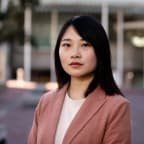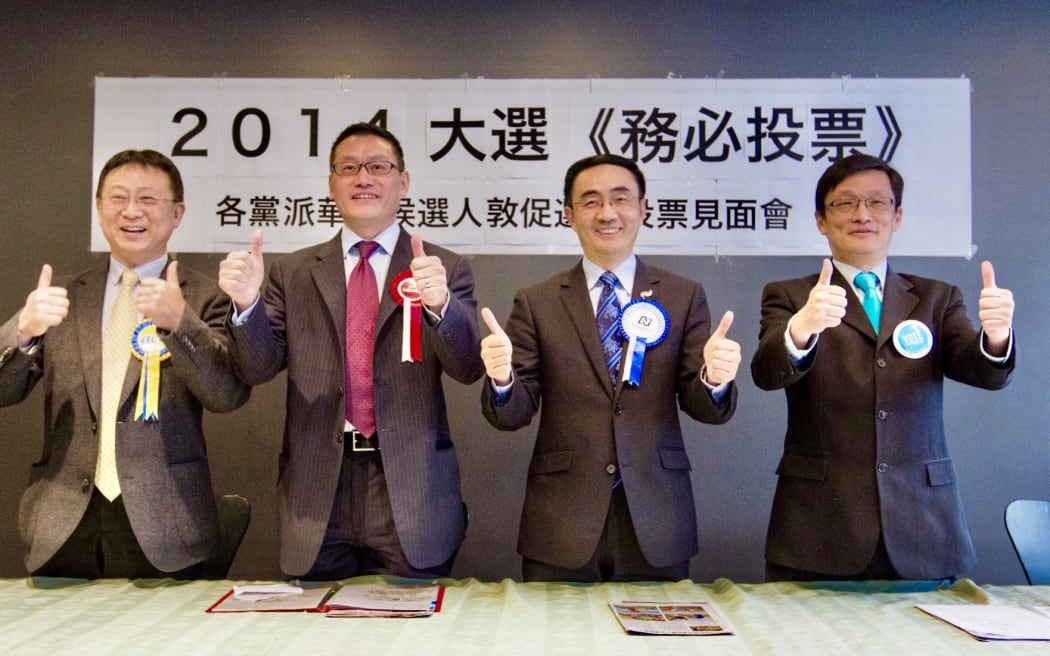
Kenneth Wang, Raymond Huo, Jian Yang and Paul Young at an event that encourages Chinese New Zealanders to vote in the 2014 general election. Photo: Supplied
It's easier to point to the overall lack of Chinese lawmakers in New Zealand's parliament than it is to identify a particular reason for their absence.
Indeed, a number of reasons are typically flagged when trying to explain why there's a lack of Asian representation in NZ politics, ranging from obvious language barriers and different political backgrounds to more nuanced geopolitical influences and institutional discrimination.
Yet despite their poor presence to date, there are growing calls from within the community for Chinese MPs to make a more meaningful contribution to politics in a bid to move beyond mere tokenism.
According to latest figures from the 2018 census, Chinese residents account for about 5 percent of New Zealand's population.
Indeed, the roughly 248,000 who identified with a Chinese heritage in the census five years ago make up the largest Asian ethnic group in the country.
By this measure, there would be six Chinese lawmakers in the country's 120-seat parliament, and yet the current legislature features just one.
Five Chinese lawmakers have been in parliament since mixed member proportional representation was introduced in 1996. Pansy Wong was the first to break through the glass ceiling (1996-2011), followed by Kenneth Wang (2004-2005), Raymond Huo (2008-2014, 2017-2020), Jian Yang (2011-2020) and Naisi Chen (2020~).
Apart from Wong winning the newly established Botany electorate in 2008, the other four Chinese MPs have entered parliament via their respective party lists.
Eight Chinese candidates have been included in the lists of the main political parties in this year's general election. ACT has included three, National two, while Labour, the Greens and The Opportunities Party have included one each - and none of these candidates have been ranked particularly high.
In contrast, more than 14 Indian candidates have been included in the lists of the main political parties and their overall rankings are higher. Previous parliaments also had more Indian lawmakers.
Results from the 2018 census show that Indians make up the second-largest Asian population in New Zealand.
Jason Young, director of the New Zealand Contemporary China Research Centre, says the Chinese population is not accurately reflected in the percentage of people with Chinese heritage in parliament.
Young says while MMP is designed to create a parliament that reflects more diverse interest groups - as opposed to ethnic groups in particular - many people expect that it also better reflects society.
"In this sense, it is important that a range of Chinese voices are represented in parliament - not necessarily to represent the Chinese community, which no single MP could do alone, but to include more voices of contemporary New Zealand society," he says. "A lot more research is needed to understand why so few New Zealand Chinese stand for parliament."
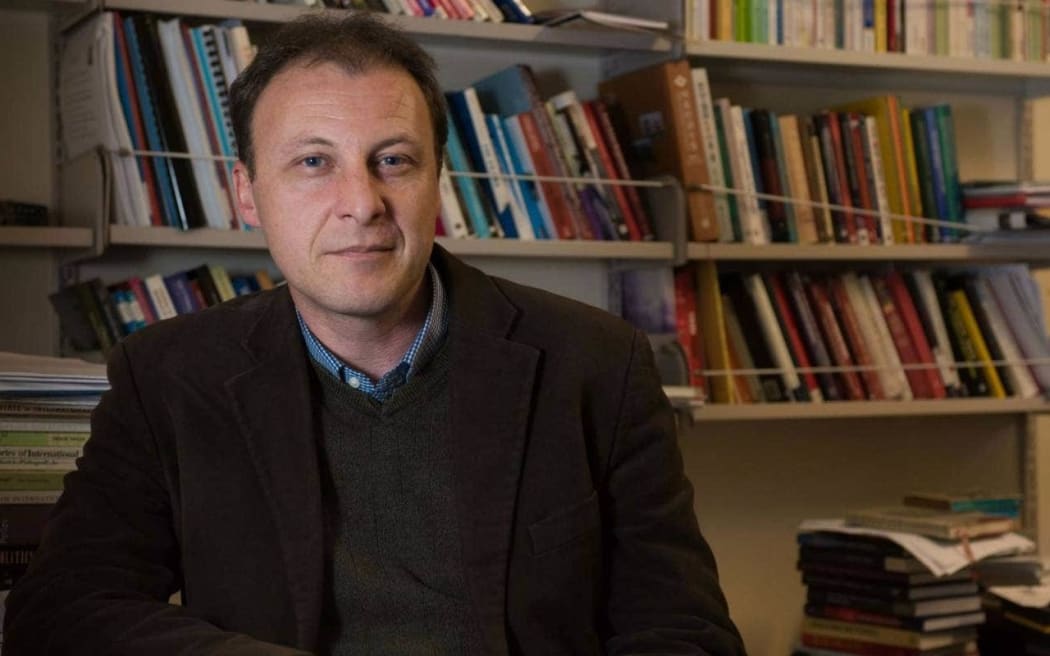
Jason Young says New Zealand's history of racism and heightened geopolitical tension could explain why few Chinese candidates are standing for parliament. Photo: Supplied
No singular factor
Young says New Zealand's history of racism could dissuade Chinese candidates from standing for election, as could the more recent impact of heightened geopolitical tension that has placed more attention on Beijing's attempts to influence the Chinese diaspora from afar.
Some attribute the lack of interest in standing for office to the community's tendency to "keep a low profile", something that reflected China's former foreign policy.
However, Young doesn't think this is the case.
"Just as European culture has only within the past 100 years or so embraced universal suffrage and political representation irrespective of traditional cultural norms and values, I see no cultural reasons that would prevent Chinese people from wanting to stand for parliament," he says. "It is incumbent on existing political parties to encourage more Chinese representation in our democracy right across the political spectrum."
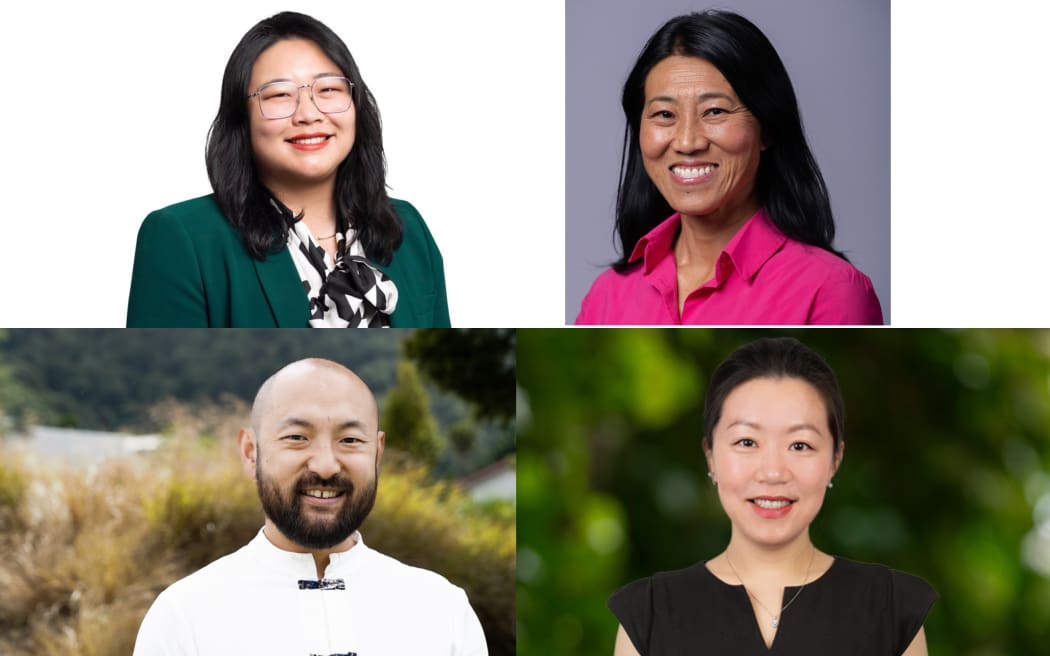
Chinese candidates for this year's general election include (clockwise from top left) Naisi Chen (Labour), Christine Young (ACT), Nancy Lu (National) and Lawrence Xu-Nan (Green). Photo: Supplied
Describing the Chinese community in New Zealand as diverse, Chinese candidate Christine Young of ACT says there are also shared values.
Young says the lack of Chinese politicians is partly due to the Chinese culture of "not wanting to stand out or make a fuss".
"Confucian values include living in harmony and being humble," she says. "The Westminster system of parliament, like our legal system, is very adversarial and combative. This can be unappealing to the Chinese psyche."
She says it is important to increase Asian representation to parliament to improve diversity and inclusivity.
"I think it is important that parliament has a wide range of opinions, perspectives and backgrounds for it to be a true representation of the multi-ethnic liberal democracy New Zealand strives to be," she says.
Lawrence Xu-Nan of the Green Party believes that Chinese culture is so diverse that it's hard to boil the reason down to a single cultural value.
He says there is a lack of understanding of the identity and values of Chinese New Zealanders, as well as a lack of recognition of their contribution.
"We all get clumped together but, like I said, we are a pretty diverse bunch," he says. "This is particularly true when one Chinese public figure receives negative media attention - the criticism reverberates through the whole community."
He says the fact that Chinese candidates do not hold high positions on each party's list signaled to the Chinese community a "lack of respect that various parties have for our contribution to Aotearoa".
As a result, the Chinese community is less politically engaged, which means that fewer Chinese candidates stand for office, and then this results in parties not realising the value of Chinese contributions, he says. This results in a vicious cycle that can be self-perpetuating.
Labour candidate Chen believes limited understanding of New Zealand's political party membership and political framework, as well as cultural and ideological differences between the two parties, are all factors that result in few Chinese politicians.
Chen says Chinese individuals are typically unsure about joining a political party, and are also unfamiliar with voting, advocacy, political debates and media scrutiny, and so are naturally disadvantaged.
"I do think there will be a seismic shift in representation when their second generation grows up having lived in New Zealand most of their lives and speaking the language," she says.
Former National MP Yang says traditional Chinese culture doctrines are just part of the story, with language and cultural barriers also affecting representation.
"Numbers do matter. Not only are they symbolically important, but they would also give more confidence to the Chinese community and encourage younger generations to get into politics," he says.
"While political parties can do more in recruiting Chinese candidates in general elections, it is also the Chinese community's responsibility to encourage its members to be actively involved in politics and stand in general elections."
Former Auckland councillor Paul Young, the first and only Chinese representative in the city's history, says Asians in general are underrepresented in parliament.
Regarding the various barriers faced by migrants, Young says the government has largely failed to properly promote and educate them for their new life here.
Young says representation is important due to the large number of Chinese and Indian migrants that are now living in New Zealand.
"If they are engaging well and doing well, it will benefit not only them but also the whole country and every community," he says.
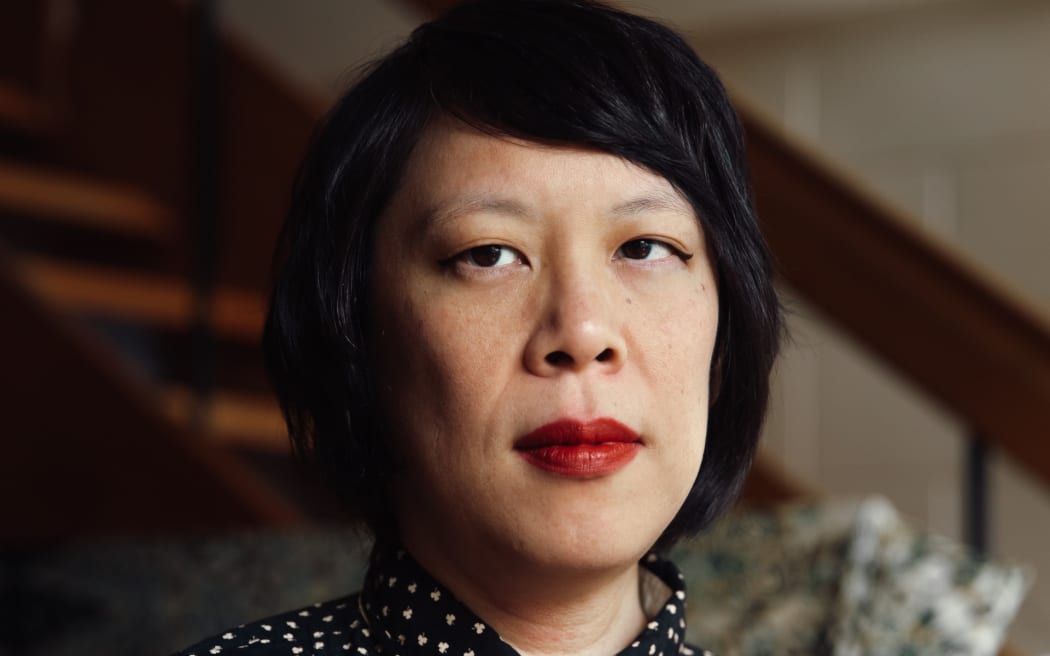
Writer Tze Ming Mok says the number of Chinese MPs in parliament is meaningless unless they can do something worthwhile. Photo: Supplied
Meaningful representation
Writer Tze Ming Mok doesn't believe the Chinese community's different cultural background is a factor affecting its participation in politics, citing myriad democratic movements among Chinese in various parts of Asia.
Mok says the Chinese government's interference in New Zealand politics in recent years has also resulted in potential candidates from mainland China being "wary of a racist backlash".
"Low engagement with electoral politics for migrants in general is a result of language, cultural and social barriers at first, and then institutionally racist barriers to social, cultural and political inclusion," she says.
"The two main political parties have historically been bad at developing and selecting Asian candidates generally, due to a tokenistic and machine-party approach that misunderstands the diversity of Chinese communities … and prioritises Chinese roles as fundraising cash-cows or empty community figureheads."
Although believing that Chinese New Zealanders are underrepresented in parliament compared to the Chinese proportion of the population, Mok says the actual number of Chinese lawmakers is not what matters most.
"The actual number of Chinese MPs (in parliament) is meaningless unless they do something worthwhile," she says.
"Of course, I want to see better representation of diverse Chinese communities in parliament, but the key word is 'better'," she says. "Having more Chinese MPs needs to come from a better understanding of and engagement with diverse Chinese community interests and needs from the major political parties, not tokenistic selections to aid party fundraising."
Former Labour MP Huo also says the new government "should avoid patronising attitudes and tokenism".
"Embracing multiculturalism involves genuinely considering migrants as part of the nation and refraining from treating them as second-class citizens or scapegoats for political or economic failures," he says.
